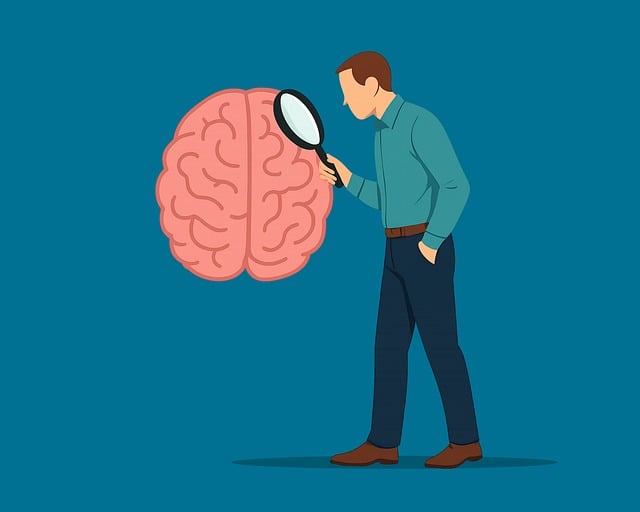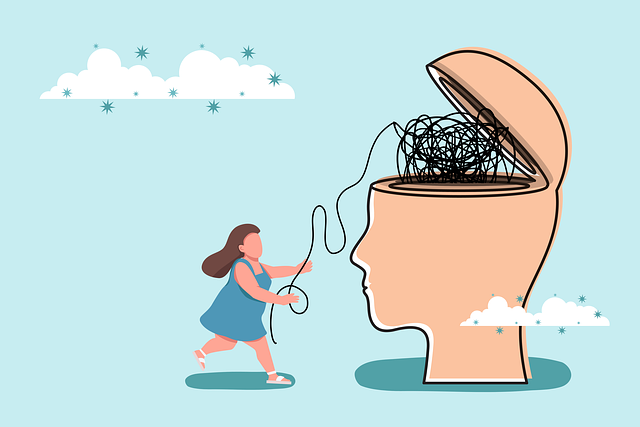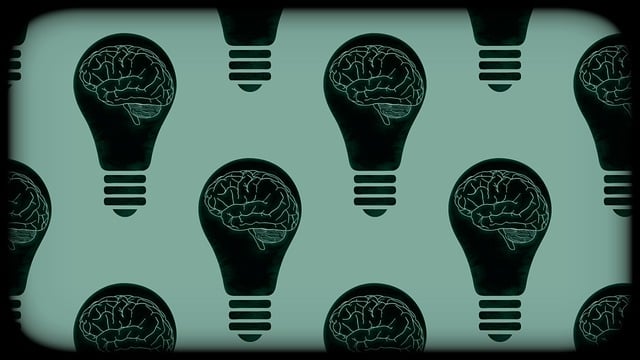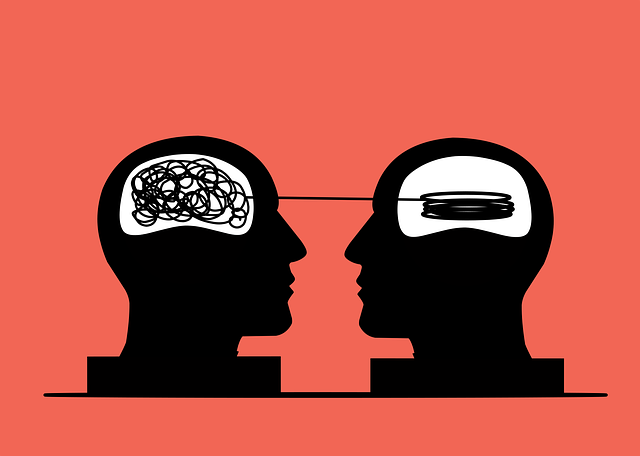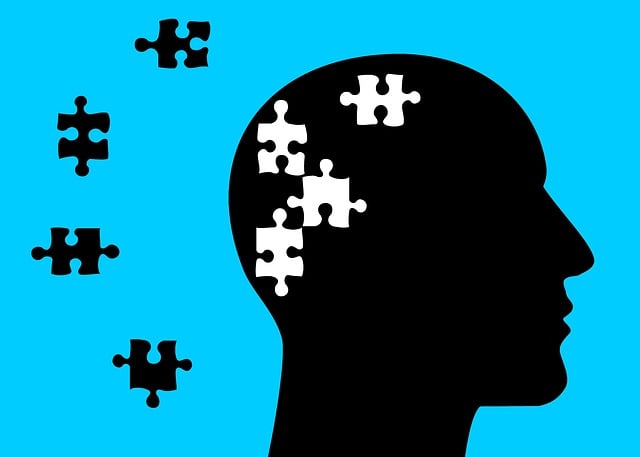Boulder Chronic Illness Therapy (BCIT) emphasizes emotional intelligence (EQ) as a powerful tool for managing chronic illness and improving mental health outcomes. By focusing on self-awareness, coping mechanisms, and support systems, BCIT's therapeutic model helps individuals navigate emotional challenges and advocate for their mental health. EQ development through mindfulness practices and journal reflection enables inner strength, stress reduction, and crisis intervention skills. BCIT professionals foster empathy and social connections, enhancing patient-therapist relationships and risk management while promoting a stigma-free society through open dialogue.
Emotional intelligence (EQ) is a powerful tool for navigating life’s challenges and fostering well-being. In this article, we explore the profound impact of EQ on our overall health and happiness, drawing from the evidence-based practices of the Boulder Chronic Illness Therapy approach. We’ll delve into strategies to enhance self-awareness and regulation, cultivate empathy, and build social skills, empowering you to form deeper connections and lead a more fulfilling life.
- Understanding Emotional Intelligence and its Impact on Well-being
- The Boulder Chronic Illness Therapy Approach to Enhance EQ
- Practical Strategies for Daily Self-Awareness and Regulation
- Cultivating Empathy and Social Skills for Meaningful Connections
Understanding Emotional Intelligence and its Impact on Well-being

Emotional intelligence (EQ) is a powerful tool for enhancing well-being and navigating life’s challenges. It involves recognizing, understanding, and managing one’s own emotions, as well as empathizing with and responding to the emotions of others. This ability to perceive and interpret emotional cues fosters stronger relationships, improves communication, and promotes better decision-making.
For individuals living with chronic illness, practicing high EQ can be transformative. Boulder Chronic Illness Therapy emphasizes the importance of empathy building strategies within their mental wellness coaching programs development. By cultivating emotional intelligence, individuals gain a deeper sense of self-awareness, learn effective coping mechanisms, and enhance their support systems. This not only improves their mental health outcomes but also enables them to actively participate in their care and make informed decisions about their well-being. Moreover, risk management planning for mental health professionals can benefit from EQ, as it helps practitioners understand and respond sensitively to clients’ emotional needs, thereby creating a safer and more supportive therapeutic environment.
The Boulder Chronic Illness Therapy Approach to Enhance EQ

The Boulder Chronic Illness Therapy (BCIT) approach offers a unique perspective on enhancing emotional intelligence (EQ). This therapeutic model recognizes that chronic illness can significantly impact an individual’s mental health and overall well-being, making it a crucial aspect of EQ development. By focusing on both the physical and psychological dimensions of chronic conditions, BCIT aims to strengthen individuals’ inner strength and resilience.
The therapy encourages patients to navigate their emotional challenges while advocating for their mental health needs in various settings, including healthcare systems. This process involves fostering self-awareness, understanding, and management of emotions, which are essential components of EQ. Through the exploration of personal experiences, clients develop effective coping strategies and build resilience, enabling them to adapt and thrive despite adversity. BCIT also promotes mental health policy analysis and advocacy, empowering individuals to become advocates for their own care and contribute to shaping supportive communities and services.
Practical Strategies for Daily Self-Awareness and Regulation

Developing emotional intelligence involves cultivating self-awareness and regulation as integral parts of your daily life. This journey can be transformative, especially for those navigating chronic illness or managing stress-related challenges like burnout. In Boulder Chronic Illness Therapy, professionals emphasize practical strategies to enhance these skills, fostering inner strength development.
One effective approach is mindfulness practice, which encourages individuals to focus on the present moment, acknowledging and accepting their emotions without judgment. This simple yet powerful technique can help manage intense feelings, reduce stress, and improve overall well-being. Additionally, maintaining a journal to reflect on daily experiences and emotions allows for better understanding of triggers and patterns, serving as valuable crisis intervention guidance when navigating difficult situations.
Cultivating Empathy and Social Skills for Meaningful Connections

Cultivating empathy and social skills is a cornerstone of building emotional intelligence, enabling meaningful connections both personally and professionally. This is especially pertinent in the context of Boulder Chronic Illness Therapy, where mental health professionals play a vital role in supporting individuals navigating complex challenges like chronic illness and its associated mental health impacts. Effective communication, active listening, and a genuine interest in understanding others’ perspectives are key skills to foster.
Empathy Building Strategies can be integrated into daily interactions, from simple acts of kindness to structured exercises during therapy sessions. Promoting these skills not only enhances patient-therapist relationships but also contributes to Risk Management Planning for Mental Health Professionals by fostering an environment where patients feel understood and supported. Additionally, by encouraging open dialogue and Mental Illness Stigma Reduction Efforts, professionals can help create a more inclusive and compassionate society.
Emotional intelligence is a powerful tool for enhancing well-being, as evidenced by the Boulder Chronic Illness Therapy approach. By understanding and practicing self-awareness, regulation, empathy, and social skills, individuals can navigate life’s challenges more effectively. Daily implementation of these strategies fosters meaningful connections and personal growth, ultimately leading to a richer, more fulfilling life. Incorporating emotional intelligence into your routine is a game-changer, enabling you to thrive in today’s complex world.

